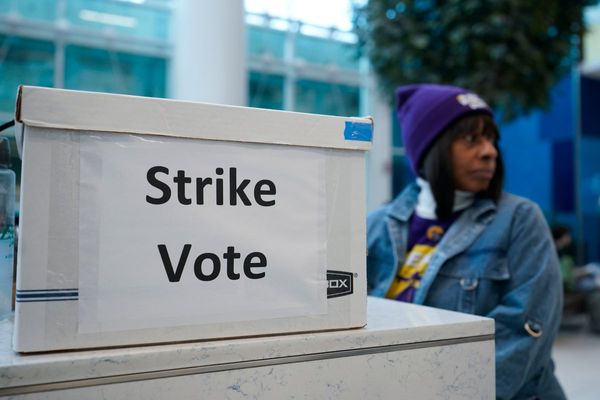GSK is closing in on a 52-week high and showing improving relative strength. Plus, the RS line made a new high. So, income investors might consider a strategy known as a covered call in GSK stock.
A covered call strategy is one way to slightly reduce the risk on a long stock position while also generating some premium.
The catch? Further upside in a covered call position in GSK stock is limited above the covered call strike.
Let's look at how a covered call trade on GSK, formerly known as GlaxoSmithKline and based in the UK, might take shape.
GSK Stock Today
Buying 100 shares of GSK would cost around $4,350, based on recent trading. An Aug. 16-expiration 45-strike call option is trading around $1.15, generating $115 in premium per contract.
Selling the call option generates an income of 2.72% in just over three months, equaling around 9.62% annualized. If GSK stock closes above 45 on the expiration date, the shares will be called away at 45, leaving the trader with a total profit of $265 (gain on the shares plus the $115 option premium received).
This covered call equates to a 6.26% return, or 22.17% on an annualized basis.
Of course, the risk with the trade is that GSK stock might drop, which could wipe out any gains made from selling the call.
Covered calls can be an effective strategy for generating income, managing downside risk, and reducing the effective purchase price of a stock.
The biopharma company's vaccine portfolio protects people from meningitis, shingles, flu, polio and measles. According to IBD Stock Checkup, GSK stock ranked 11th in its group and has a Composite Rating of 91, an EPS Rating of 87 and a Relative Strength Rating of 82.
Chart Analysis
Last week, the stock barreled 5.8% higher and returned back above the 10-week moving average. That marked a major step in building the right side of a new cuplike base. GSK stock now shows an IBD-style buy point of 43.84.
Arguably, GSK stock also crossed a trendline-based early entry point near 43.
Please remember that options are risky, and investors can lose 100% of their investment.
This article is for education purposes only and not a trade recommendation. Remember to always do your own due diligence and consult your financial advisor before making any investment decisions.
Gavin McMaster has a Masters in Applied Finance and Investment. He specializes in income trading using options, is very conservative in his style and believes patience in waiting for the best setups is the key to successful trading. Follow him on X/Twitter at @OptiontradinIQ







